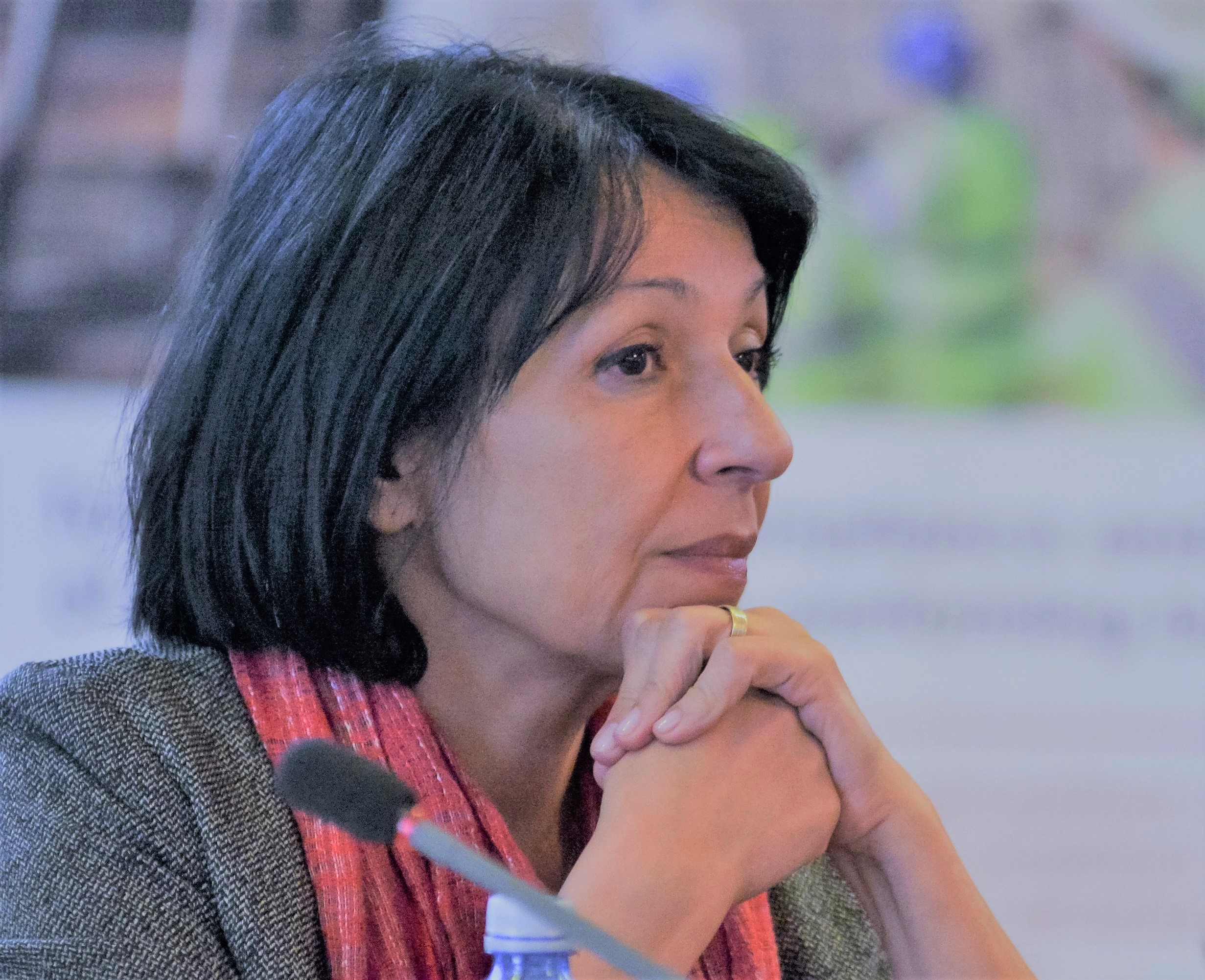
Our pilot city Brasov put together a highly involved and motivated team to work together with local stakeholders and progress in its transition towards climate neturality!
"Our plan was to establish the team and start collaboration at the beginning of the year, but the COVID-19 crisis pushed us back, while the global lockdown gave us more time to study, research and analyse in depth the transition process, the steps we need to take and how to plan things ahead" said Mrs. Camelia RATA, Head of ABMEE - the Energy Agency of Brasov and the City’s Energy Manager.

"The global lockdown gave us more time to study, research and analyse in depth the transition process"
Brasov Transition Team began this journey through a digital meeting in mid-June, setting its mission, vision and goals. All participants agreed: "The period we go through is a perfect opportunity to reconsider all the assets of Brasov: the local resources and ambitious targets politically set for 2030, the energy management thoroughly coordinated at local level for almost two decades now, the available technologies we can access to reduce CO2 and the fact that municipalities can now legally become prosumers, the public transport fleet practically fully renewed with electrical and hybrid vehicles, the quality of life and the wellbeing we all wish for our citizens. This is the time to choose wisely for a healthier future, a healthier environment and a healthier society"
The Transition Team's composition covers the main strategic areas of action in Brasov, with participants coming from the local public transport company, the local electricity distribution company, the local natural gas company, the public lighting company, the high efficiency cogeneration company, the local waste management company, the local environment protection agency, the local university and a "local initiative group" consisting of professionals in architecture, design, communication, technology, sociology and economics, aiming to co-design the public services around people’s needs, by involving them in the process.
The main targets of the Transition Team will be to closely work together for (1) defining the local Sustainable Energy and Climate Action Plan for 2030, (2) testing tools and put in practice innovative methods to involve the civil society at all stages and (3) developing the roadmap to Climate Neutrality in 2050.
Brasov’s Transition Team also agreed on the way the city should respond to the current crisis: «by bringing the energy sufficiency and climate topics back on top of the local agenda. Circular economy, local production of energy, renewable sources, recycling and reuse - these are sustainable capitals a local community should use to recover and get back on track».